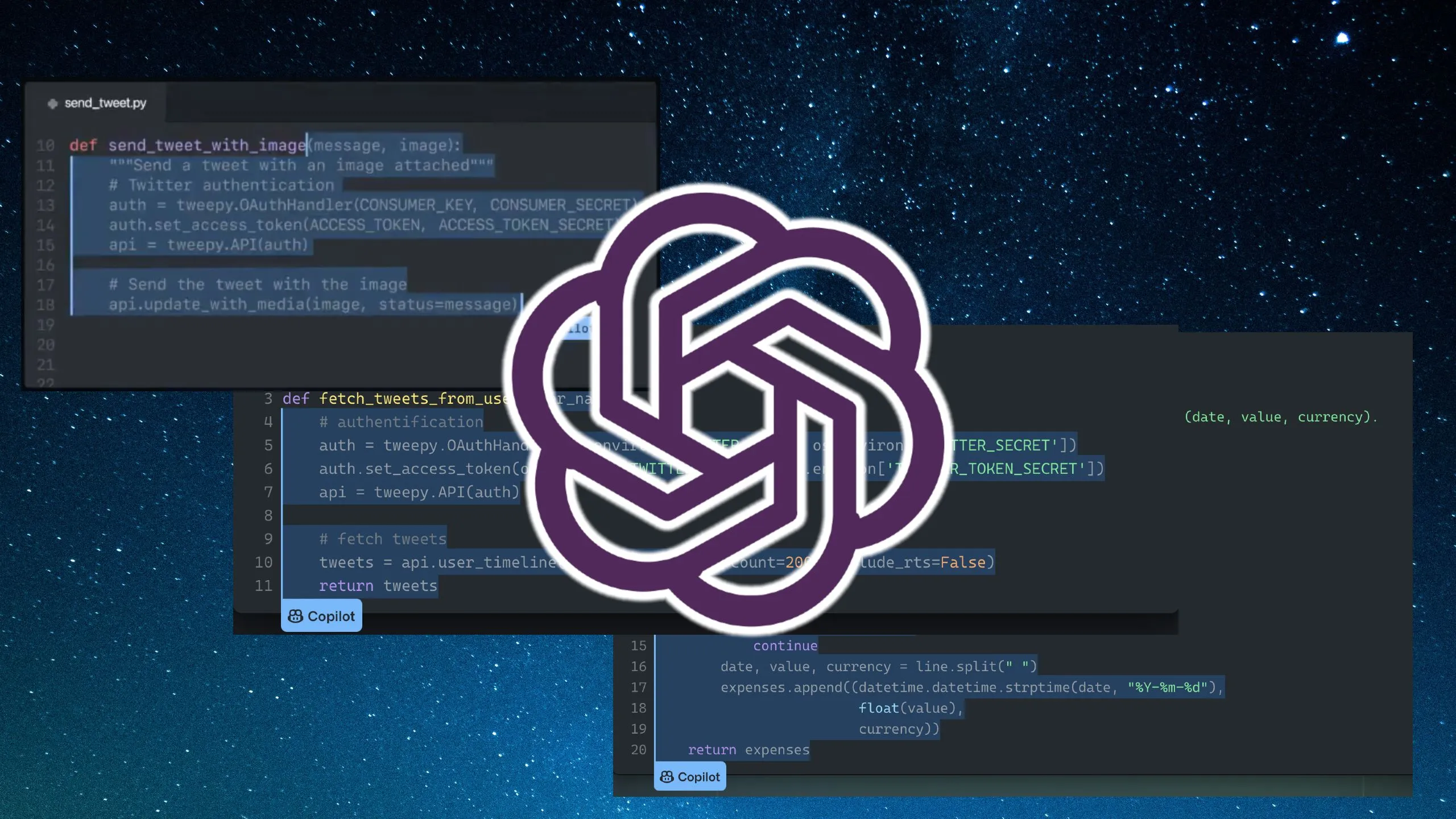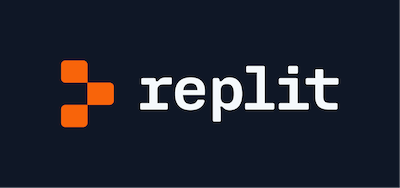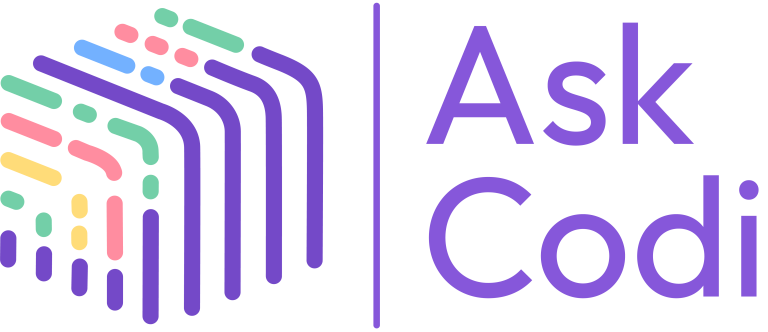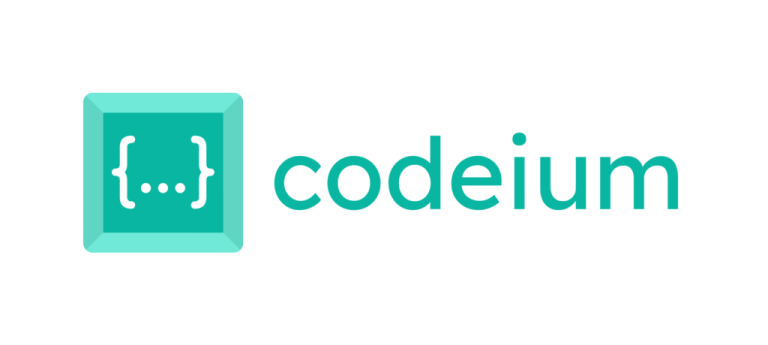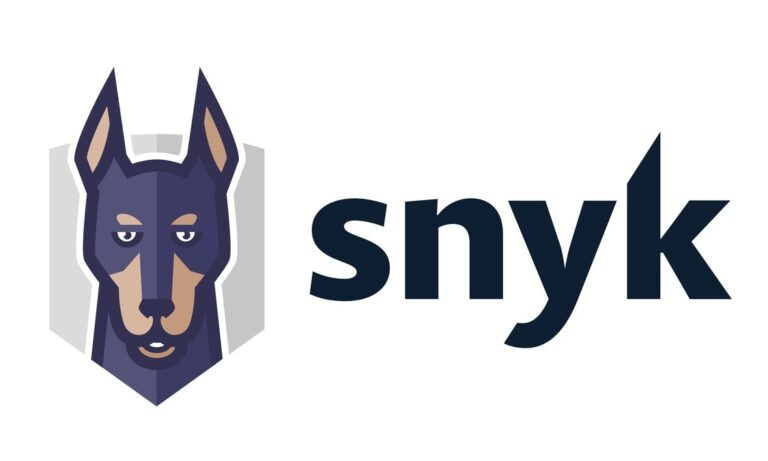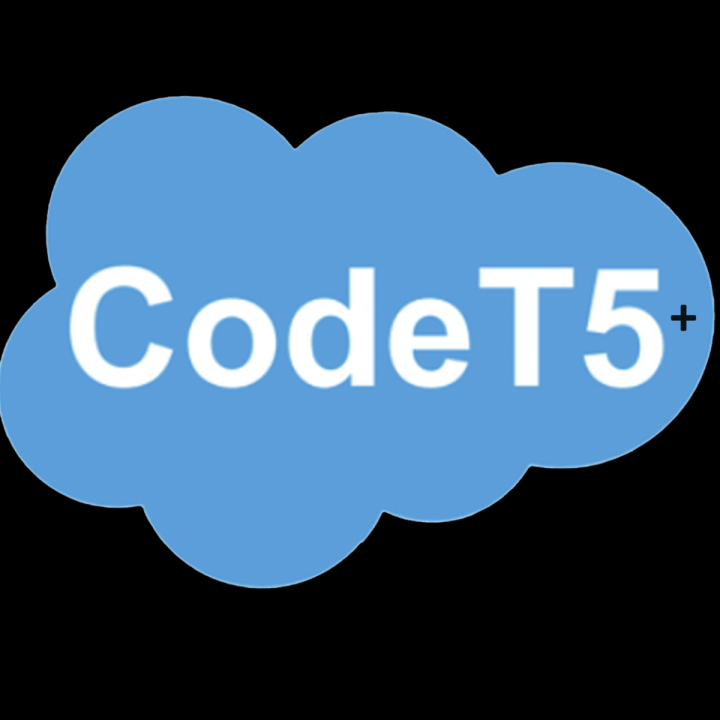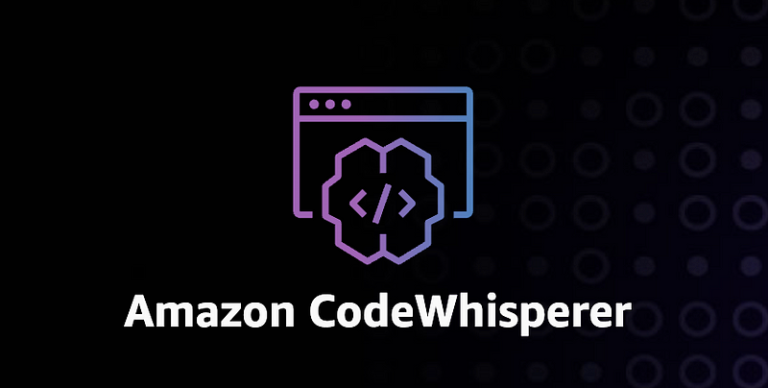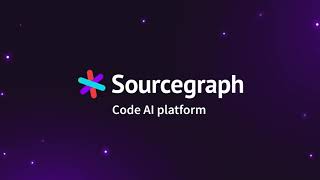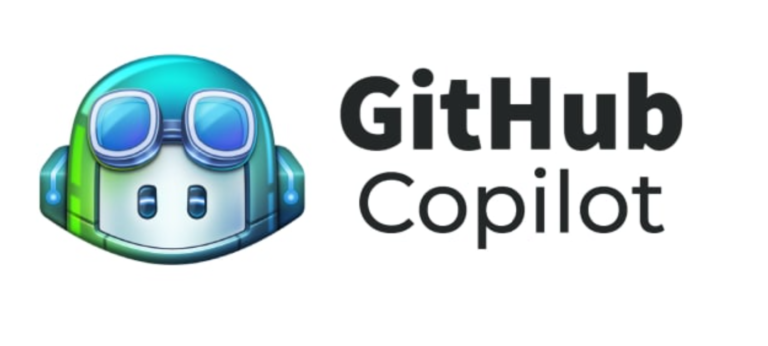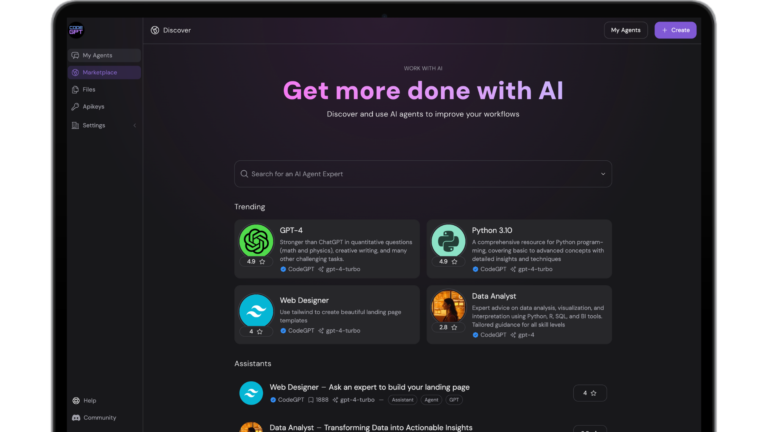OpenAI Codex Key Features
- Natural Language to Code Translation
Codex allows developers to write code by simply describing what they want in natural language. For instance, if you instruct Codex with, “create a function that sorts a list of numbers,” it can generate the appropriate code snippet in the desired programming language. This feature is particularly useful for developers looking to rapidly prototype solutions or automate standard coding tasks. - Multi-Language Support
Codex supports a wide array of programming languages, making it an incredibly versatile tool for developers working on diverse projects. Whether you are coding in Python, JavaScript, HTML, or SQL, Codex provides relevant suggestions and completions, helping you work more efficiently across different environments. - Debugging and Error Correction
Codex not only helps write code but also assists in debugging by identifying errors and suggesting fixes. For example, if you have a bug in your code, you can ask Codex what’s wrong, and it will attempt to explain the issue and propose a correction. This feature saves time on troubleshooting and helps maintain smooth development workflows. - Code Explanation and Documentation
Codex can explain complex code snippets in plain language, making it easier for developers to understand unfamiliar code. This feature is beneficial for onboarding new team members, learning new programming languages, or simply revisiting old code that lacks proper documentation. For example, if you encounter a long SQL query, Codex can break down the logic and explain each part, making it easier to comprehend. - Code Completion and Autocomplete
Codex enhances productivity with its robust code completion capabilities, providing suggestions as you type. This feature reduces the amount of manual coding required, speeds up development, and minimizes syntax errors. For example, when writing a function in Python, Codex can suggest the next lines of code, including variable names and function parameters, based on the context of what you’ve already written. - Integration with Popular IDEs and Platforms
Codex integrates seamlessly with several popular IDEs, including Visual Studio Code, JetBrains IDEs, and Jupyter Notebooks, as well as platforms like GitHub Copilot. This integration allows developers to access Codex’s powerful coding assistance directly within their existing workflows, enhancing productivity without disrupting established development practices.
Our Opinion Of OpenAI Codex
OpenAI Codex is a groundbreaking tool that significantly enhances the coding experience for developers by providing intelligent code suggestions, natural language explanations, and debugging assistance. Its ability to translate plain language into code, combined with extensive language support and seamless integration with popular IDEs, makes it a valuable asset for both individual developers and teams. While there are some limitations, such as performance variability and the need for more direct collaboration tools, the overall capabilities of Codex make it an excellent choice for anyone looking to streamline their development workflow, learn new coding techniques, or automate tedious coding tasks. Codex is particularly well-suited for developers, educators, and teams that want to leverage advanced AI to boost productivity and maintain high-quality code standards.
